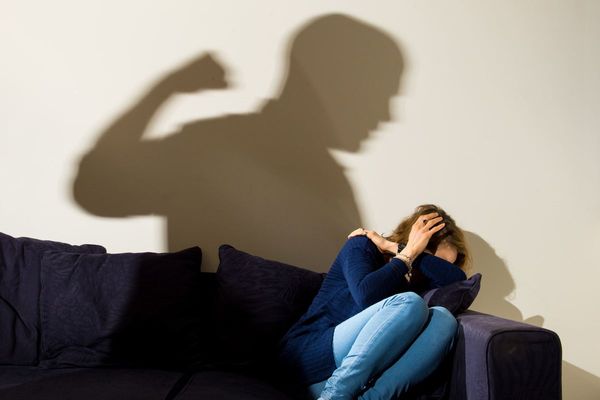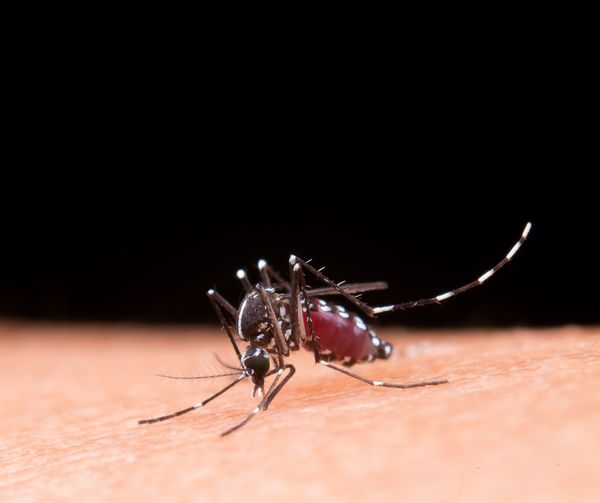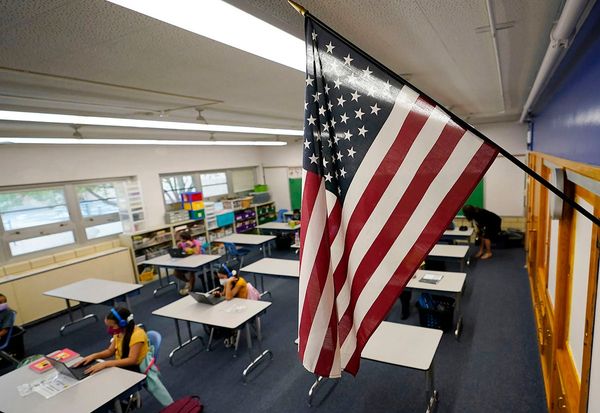Suicide-prevention training has been given to workers on a crisis line set up to help with the cost-of-living crisis.
They’re taking up cases of desperate people crying out for help over the risk of their energy supplies being cut off.
Natasha Gilmour, who runs the Extra Help Unit (EHU) in Glasgow, said the situation is the worst she has seen in 20 years in the industry.
She said: “Recently we have had to do a lot of training around managing suicidal conversations.
“We deal with a lot of safeguarding issues in the EHU, whether it’s suicide or some sort of mental health crisis.
“We have to make sure we act and, if need be, get in touch with social services or, in some cases, emergency services because we’re worried about a real imminent threat to life.”
People across the UK are calling the EHU, which is linked to the Citizens Advice Bureau (CAB) and raises complaints with energy suppliers on behalf of people who may be vulnerable or at risk of disconnection.
The situation has become so dire in the last year that staff have seen a massive rise in the number of people who are self-disconnecting – the term used by CAB when people decide they can no longer afford to top up their prepayment meters.
Between April and September 2021 there were 961 people referred to the EHU for help, having run out, or just about to run out, of energy and being cut off. This year, in the same period, there have been 7727 people in a similar situation.
Natasha said there were 140 cases in August 2021 but 1751 cases in August 2022 which needed immediate action from her staff.
She said the people who were referred to the EHU were “very vulnerable”,
adding: “It’s mainly people at risk of self-disconnection, where people simply don’t have the funds to top up and are going off supply.
“Our demand has gone through the roof. The cost-of-living crisis has had a massive impact.
“We support people who have mental health and physical health problems or financial difficulties.
“Ultimately, it comes down to spiralling costs across energy, cost of living, food – everything. And it does come down to how much income people have – and right now they don’t have enough.”
Single mum Faye Dearnaley, from Kennoway, Fife, was just £17 from destitution in January this year, only having the meagre amount left at the end of every month after paying for food, bills and essentials.
Having struggled to make ends meet, the 29-year-old said she was determined to create a better future for her daughter Ayla, three, and has started training to become a teacher.
She has had to take on debt, a student loan, to allow her to pay for her daughter’s childcare while she is training and afford food and rent.
Faye said: “I’m no better off than I was in January but nobody is. The price of everything is going up and there are times when I don’t eat as much to give my daughter a more nutritious meal.
“I’ve worked in low-paid jobs for years and knew I wanted a career so I could provide for my daughter, which is what I’m trying to do now.
“Some people dream of going on holiday or buying a new car. My dreams now are just to have enough money to go for a coffee or get a takeaway on a Friday night once in a blue moon. That seems far off just now.”
Don't miss the latest news from around Scotland and beyond - Sign up to our daily newsletter here.







